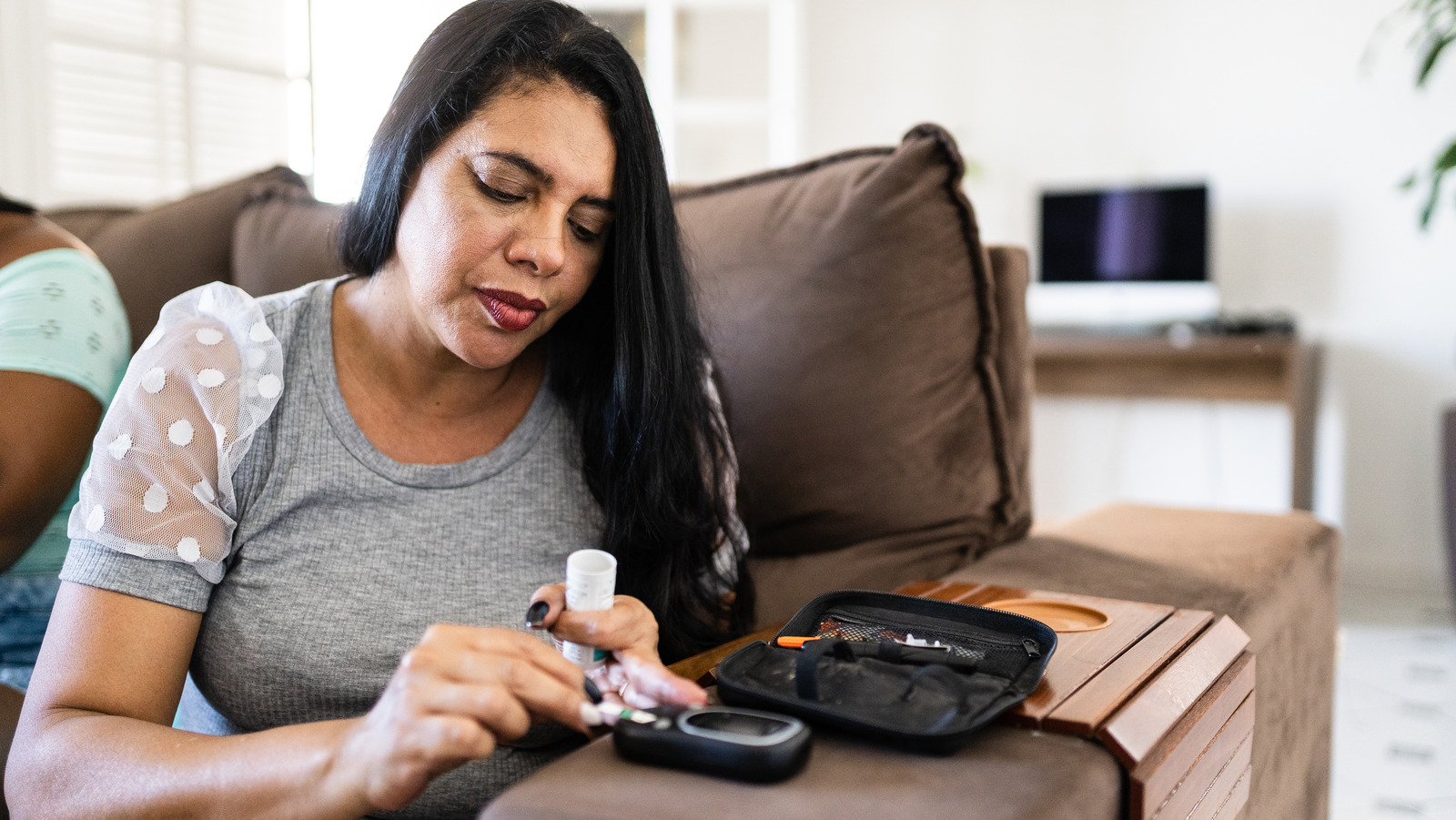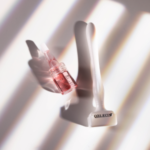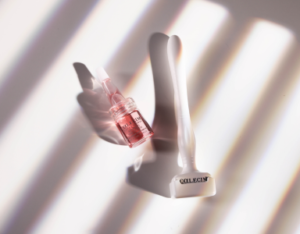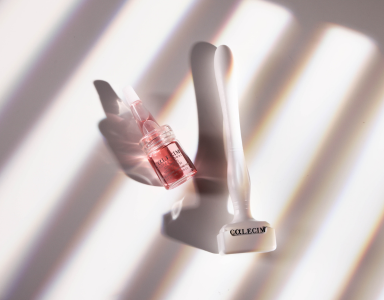
“The most common issues people have with the ABCs are not remembering what their goals were and what their last values were, and when,” Anderson said. “Keep a written record (perhaps tape it to your bathroom mirror, or in your smartphone notes) to help you remember and remind you of your future appointments.” He advises talking to your doctor about your ABC numbers, particularly if there’s anything you don’t understand.
Anderson stresses the importance of having a good relationship with a compassionate doctor who is knowledgeable about diabetes and is transparent in answering any questions about your health needs. Some medical practices have clinical Diabetes Care and Education Specialists who can provide you with education and support. He urges people with diabetes to keep all appointments and take all medications, even if you feel fine.
Because diabetes is linked to poor circulation, Anderson advises checking your feet every day for any bruises or swelling. If your blood sugar is high, so is your saliva, so you should also keep up your dental hygiene. High blood sugar also can damage the retina, so Anderson suggests seeing an eye doctor once a year.
“No one should try this alone — find and participate in support groups to help with your questions, stress, or problems,” he said.























